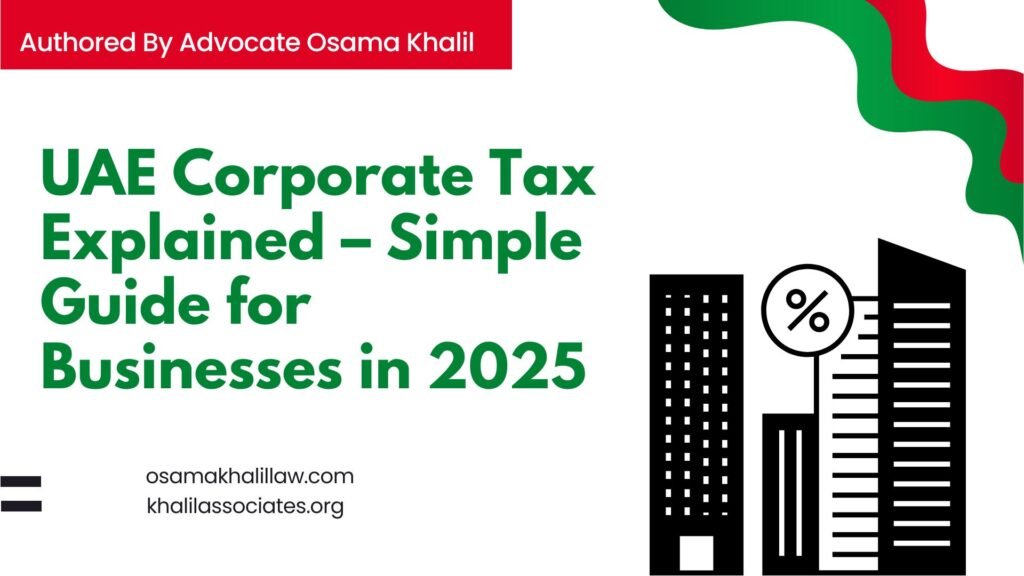
The UAE introduced corporate tax to diversify its revenue sources. Previously, most businesses did not pay tax on profits, but now the government applies a federal tax on company earnings. However, the system remains business-friendly compared to many other countries.
Who Needs to Pay United Arab Emirates Corporate Tax?
Companies operating in the UAE must pay corporate tax if they meet certain conditions. First, if a business is registered in the UAE, it likely falls under this tax. Second, foreign companies with a permanent establishment in the UAE also qualify. Free zone businesses may have different rules, which we will discuss later.
What Is the Dubai Corporate Tax Rate?
The United Arab Emirates corporate tax rate is low compared to global standards. Businesses with profits up to AED 375,000 pay 0%. Above this threshold, the rate is 9%. Large multinational companies may face different rates under global tax rules.
Are There Exemptions from Dubai Corporate Tax?
Yes, some businesses enjoy exemptions. For example, government entities and extractive industries like oil and gas follow separate tax rules. Additionally, individuals earning from salaries or investments do not pay corporate tax. Free zone companies complying with regulations may also get exemptions.
How Does United Arab Emirates Corporate Tax Impact Free Zones?
Free zones have been tax-free for years, but corporate tax changes this slightly. Businesses in free zones can still benefit from 0% tax if they meet certain conditions. However, if they deal with mainland UAE clients, they may lose this exemption.
When Did Dubai Business Taxes Start?
The UAE corporate tax became effective from June 1, 2023. Businesses must now file tax returns and follow compliance rules. The government gave companies time to adjust, but now all eligible businesses must comply.
How to Register for UAE Business Tax?
Companies must register with the Federal Tax Authority (FTA) and obtain a Tax Registration Number (TRN). The process is simple and done online. Businesses should keep financial records ready for filing tax returns.
What Are the Penalties for Non-Compliance?
Late tax filings or incorrect submissions lead to penalties. Fines vary depending on the violation, so businesses must ensure timely and accurate filings. The FTA may also conduct audits to verify compliance.
How Does United Arab Emirates Corporate Tax Compare Globally?
The UAE corporate tax remains competitive. Many countries impose rates above 20%, but the UAE keeps it at 9% for most businesses. This makes the UAE an attractive place for entrepreneurs and investors.
Final Thoughts on Corporate Taxes
The UAE corporate tax system is simple and business-friendly. While it introduces new compliance steps, the rates remain low. Companies should understand their obligations to avoid penalties and benefit from exemptions where applicable.
By staying informed, businesses can smoothly adapt to the UAE business tax regime and continue thriving in this dynamic economy.
For professional assistance with business law services and related legal matters, contact Osama Khalil, Lawyer & Legal Consultant. You can reach him at:
Phone: +92-316-1829946 | +92-307-2732223
Email: contact@osamakhalillaw.com | contact@khalilassociates.org
